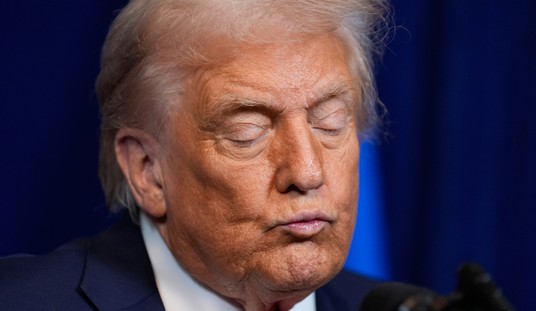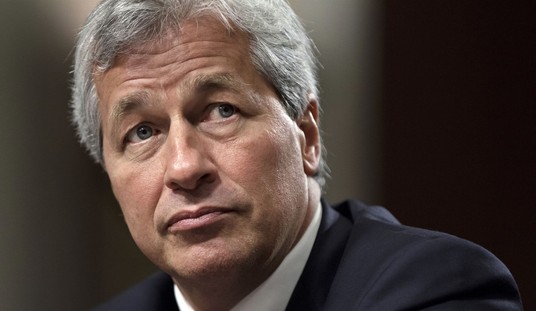
Good evening. Yes, indeed, the right is waking up to the dangers of over-regulation of the Internet. Right here at RedState the pressure is on the Gun Owners of America as diarist ladyimpactohio is asking them about their endorsement of the neo-Marxist front group Save the Internet, an endorsement of the radical group Free Press and its extremist co-founder Robert McChesney.
With activists like this, and sites like MediaFreedom.org, keeping watch online, we can only make more progress against the radicals.
Of course, there is now some disagreement going around on Net Neutrality. Of course, I think most of us would rather the government just let well enough alone, but if we’re going to have action taken, I’d much, much rather the Congress implement a version of the Google/Verizon proposal than the McChesney/Genachowski talk. Media Freedom and the Harvard Business Review are having none of that, though.
I can respect that. We need people to hold the hard line on this, if efforts to compromise are going to have any useful effect. So let’s play both ends.
The left certainly hasn’t given up. After the miserable failure of a protest at Google, now the radical members of Congress are demanding that the FCC ignore the common-sense Google/Verizon compromise and instead do the radical thing. Note that they’re all Democrats: Ed Markey, Anna Eshoo, Mike Doyle, and Jay Inslee. They’re now calling Google a “large communications company,” which make me laugh. The Net Neutrality radicals are so used to demonizing the telecoms, that they can’t attack Google without lumping them in with the rest. Theirs is not a sensible approach, but rather just knee-jerk Marxism.
Light regulation really works, though, when there is a community behind it, which there is online. One English community had great luck removing traffic lights from a busy and complicated intersection. Would it work everywhere? Probably not. It’d be less efficient in the cases of very simple intersections. But in a complicated system, centralized planning doesn’t always work because the unforeseen creeps up, but regulation is too confining to allow the public to adapt. We need to keep the Internet adaptable.














Join the conversation as a VIP Member